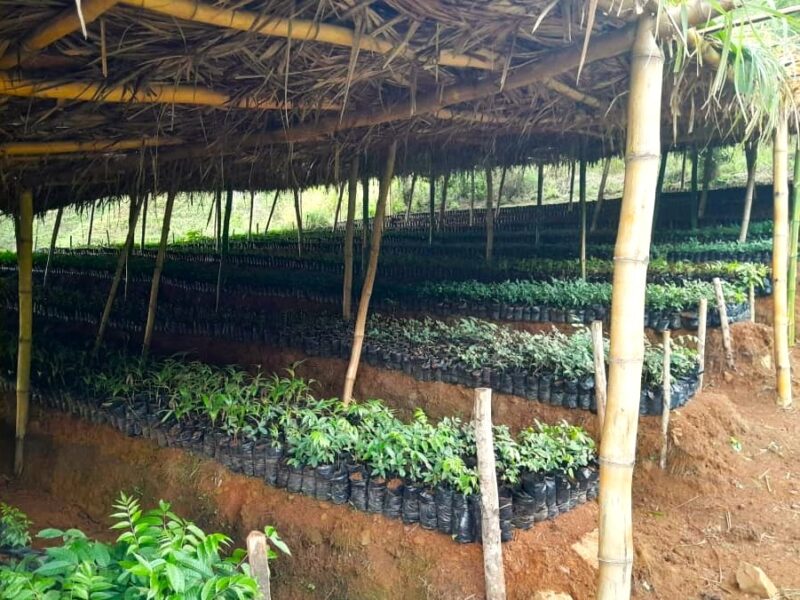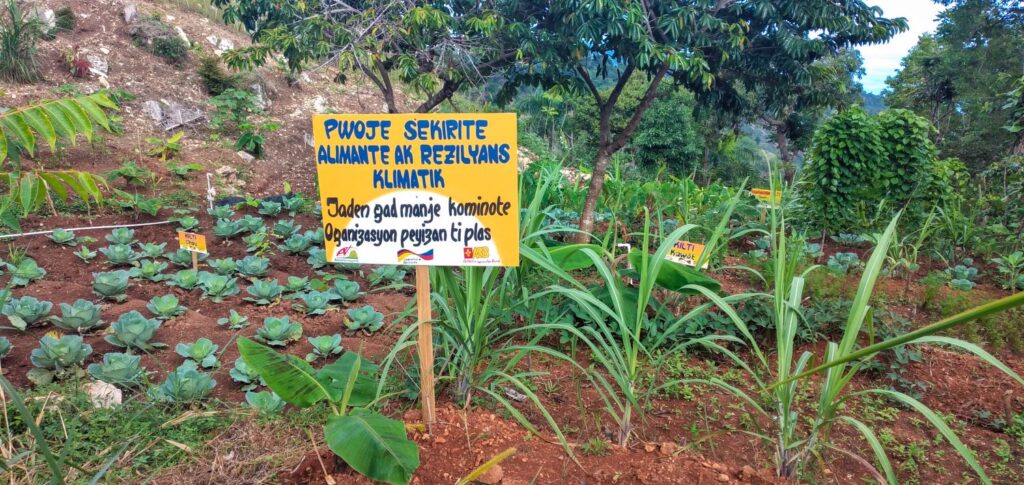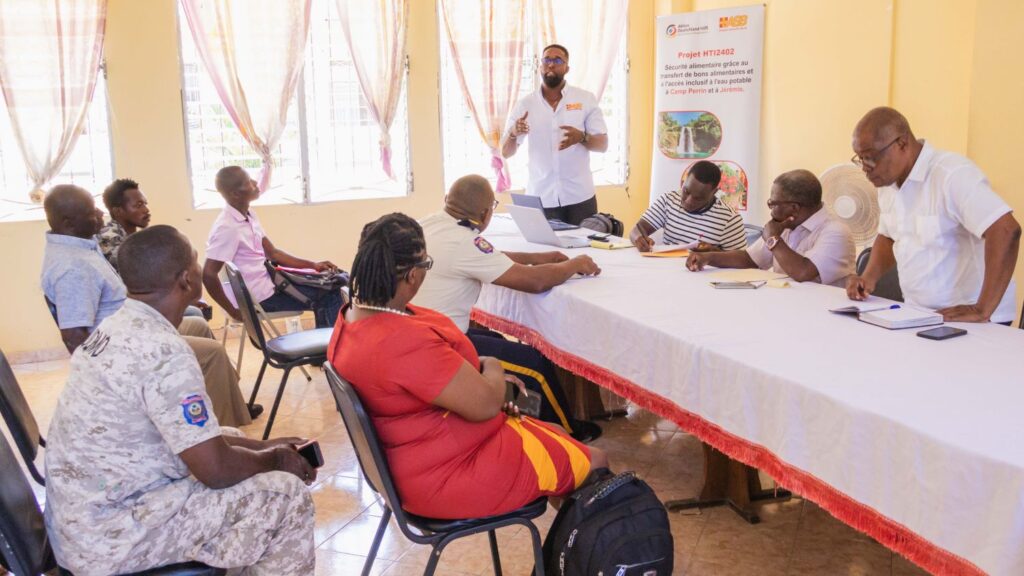As we approach World Environment Day, celebrated every year on June 5, it’s crucial to highlight the major environmental challenges facing our planet, and the concrete actions being taken to address them. Established by the United Nations in 1972, the day aims to raise global awareness of pressing environmental issues. This year, the focus will be on land restoration, desertification and drought resilience, vital issues in the fight against climate change and the preservation of our planet.
However, these global challenges have a particular resonance in Haiti, where multiple crises are exacerbating environmental degradation. According to the Institut Haïtien de Statistique et d’Informatique (IHSI), the inflation rate reached 26.7% in April 2022, exacerbating poverty and food insecurity. The commune of Tiburon, located on Haiti’s south coast, is home to precious ecosystems, such as the mangroves of La Cahouane and the Grand Bois National Park (PNN-GB), which are threatened by the effects of climate change, including violent hurricanes like Matthew in 2016. Families in this region face a reality marked by poverty and a lack of basic services. Local communities are closely dependent on forest resources for their survival. However, the abusive exploitation of trees for charcoal production, agriculture and timber is commonplace. These and other destructive practices have a damaging impact on the environment and biodiversity. They also weaken communities’ resilience to climate change and reduce their capacity to cope with extreme weather events.
In the face of these challenges, land restoration, conservation and protection, as well as drought resilience, are becoming key priorities for guaranteeing food security, protecting ecosystems and supporting vulnerable communities. Arbeiter-Samariter-Bund (ASB), a German humanitarian organization, has been actively supporting local communities since 2010. With financial support from the German Federal Ministry for Economic Cooperation and Development (BMZ) and in collaboration with two local partners, Haiti National Trust/Société Audubon Haïti (HNT-SAH) and the Fédération des Organisations de Développement de Tiburon (FEODTI), ASB supports environmental protection and climate resilience.

At the heart of this collaboration is the project “Strengthening the resilience of ecosystems and communities threatened by climate change in the Macaya Biosphere Reserve in Haiti“. With the aim of protecting ecosystems and strengthening the resilience of local communities, this ambitious project aims to reverse the trend of environmental degradation and build a more sustainable future for Haiti, particularly the southern peninsula. To achieve this, ASB, in partnership with HNT-SAH and FEODTI, is working to preserve Haiti’s natural heritage.
HNT-SAH, registered in 2003 and 2013, are dedicated to biodiversity conservation and ecosystem restoration in Haiti. FEODTI, founded in 2018, focuses on regional development and capacity building for community organizations.
Since the project’s launch, crucial milestones have been reached:
1. Environmental audit: An environmental audit was carried out at the start of the project and another at the end to determine the project’s effects on the environment and ecostsymes of Grand Bois.
2. Surveillance and Protection: Four managers patrol the park, recording illegal activities and protecting biodiversity.
3. Reforestation: Over 70,000 seedlings have been planted on 25 hectares, with nurseries in operation to support reforestation efforts.
4. Education and awareness: Campaigns have informed communities about the importance of conservation and biodiversity.
On World Environment Day, it is imperative that everyone becomes aware of their role in protecting our planet. Initiatives like those of ASB and its partners in Haiti show the way, but they require the support and commitment of everyone. Every gesture counts, and together we can make a real difference. Let’s support land restoration, combat desertification and strengthen our resilience to drought and climate change for a more sustainable future for generations to come.






